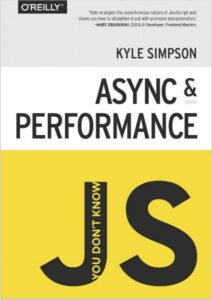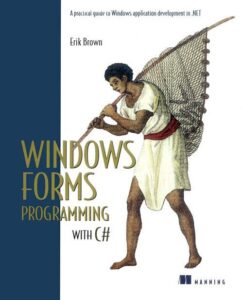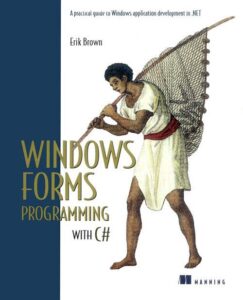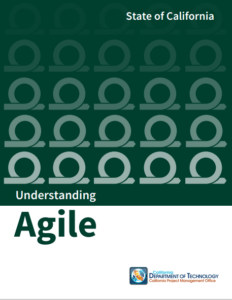Integrated E-Learning: Implications of Pedagogy, Technology and Organization By L. T. T. P. de Ruyter PDF Free Download

Integrated e-learning encompasses the use of digital technologies in educational settings, integrating various pedagogical approaches to enhance learning outcomes. In the work of L. T. T. P. de Ruyter, the implications of integrating e-learning involve three key components: pedagogy, technology, and organization.
Pedagogy plays a pivotal role in shaping how e-learning is implemented. Educators must adopt teaching strategies that align with digital tools, ensuring that learners are engaged and motivated. The use of blended learning models, where traditional and online methods coexist, is one effective approach.
Technology serves as the backbone of integrated e-learning. The selection of appropriate tools and platforms is crucial for facilitating effective communication and collaboration among learners. Ensuring that technology is accessible and user-friendly allows for a seamless learning experience.
Organizational support is also vital for the successful implementation of integrated e-learning. Institutions need to provide training for educators and resources for students to navigate digital environments effectively. Strong leadership and a clear vision for e-learning integration can foster a supportive culture.
In conclusion, the integration of e-learning requires a harmonious balance of pedagogy, technology, and organizational frameworks. Through carefully planned strategies, educational institutions can harness the full potential of e-learning to improve learning experiences and outcomes.









